Have you ever wondered if you are responsible for other people’s feelings? When you grew up with parents telling you you made them sad by not behaving as they wanted you to, you may still feel responsible for other people’s happiness or even anger. Then, today’s episode is a must-listen for you!
I peel back all the layers involved in how far, or if at all, we’re responsible for the emotions other people feel. This episode will definitely change the way you interact with others and transform your relationships, equipping you with a new layer of emotional intelligence that’s healthy for you. Tune in if you want to get an answer to the question if we’re responsible for other people’s feelings.
Listen to the full episode here:
Click the link below to choose your favorite player to listen to.
https://www.buzzsprout.com/2307122/14769344
FULL EPISODE TRANSCRIPT:
Nadja Hagen [00:00:14]:
Are you ready to go from am I good enough to is this good for me? Welcome to the Self Love Sessions podcast. I’m your hostess, Nat Yahden, and I’m the self love coach for ambitious women recovering from people pleasing and starting to love the heck out of themselves. The most important relationship is the one you have with yourself. It sets the tone for all other relationships in your life and your overall quality of life. It’s worth cultivating. In the Self Love Sessions podcast, I share nuggets of wisdom on setting healthy boundaries, prioritizing your needs without shame and guilt, and building relationships that enrich your holding life, starting with the one you have with yourself. Let’s dive into today’s episode. Welcome to the 8th episode of the Self Love Sessions podcast.
Nadja Hagen [00:01:18]:
Today, I want to discuss with you the question, am I responsible for other people’s feelings? Because the answer to this question is not as obvious as it might seem on the first sight, and it is definitely not a yes and no answer. That would be quite simple. And I love simple things. But in this case, we need to differentiate. So first things first. We all react differently. We have different experiences, we have different life paths, and all this determines how we instantly react to certain situations. So a very quick and easy answer to am I responsible for other people’s feelings? Would be a no, because I can’t decide how you react towards something I say to you or something I do to you.
Nadja Hagen [00:02:15]:
But that is a little bit too simple here, right? If somebody comes across and acts like a jerk, then you probably are sad, annoyed, or get mad about this person, right? Is this person now responsible for your feelings? To be honest, it’s challenging to give a clear answer to this question here, because on one hand, it’s your reaction. You decide how you react to something. These are your emotions. And only you can determine your emotions. At the same time. Somebody acting like a jerk, like an idiot, being mean, being rude, that is definitely something that is in our control, how we act towards others and which standards we have to which we hold our own behavior. So let’s dive a little bit deeper here. Let’s look at the first thing.
Nadja Hagen [00:03:13]:
Do you really consciously decide how you feel about something? Yes and no. Again, we humans normally have instant reactions to certain things. So if one specific situation occurs to you, you will react to it differently than I do. And these patterns with which we react, these emotions that come up automatically, they are shaped by the experiences we all have made during our upbringing. So the most critical years here are the years between one and seven years and I see this a lot with my own daughter. Sometimes she reacts and I need to laugh because I recognize myself in her reaction. Some of these reactions are amazing and I’m so proud of it. And some of these reactions is where I need a little bit of humor and look myself into the mirror, which in this case is her beautiful face.
Nadja Hagen [00:04:14]:
And notice that it won’t be better to react differently in the future and be a better role model here. And the same happened to you. You were kind of characterized by the reactions that you have seen by your caregivers in early years. Some of them, we just take them over without checking on them, without filtering them. And at the same time, we are in a place where we can bring awareness to situations and awareness to our own emotions, and we can decide consciously that we want to react differently. So let me give you a practical example here, because otherwise it gets very theoretical and difficult to follow. And that’s not what I want. I want to make it easily understandable and easily digestible for you.
Nadja Hagen [00:05:03]:
Imagine the postman is coming to your house and handing you over your letters for the day. And normally he’s a very friendly and open guy who chats a little bit with you, but today he just hands over the letters and just straight walks away, which might leave you feeling awkward and asking yourself, what has happened? Maybe you did something wrong. Maybe you feel some tension in the relationship between the two of you. Another reaction would be that you ask yourself instantly, oh, what is he worrying about? Does he have a challenging, difficult day? You see how different these two reactions are, and they are only two examples out of many reactions that could possibly happen here.
So in the case that you tend to react with asking yourself if you did something wrong, then you can consciously decide in this situation that you want to change your instant reaction to this. You might accept that people have different days, different emotions, and that you are sometimes confronted with them without knowing the backstory to it. So maybe the guy is only having a difficult day. Might be, you could add that you want to clarify if something has happened.
Nadja Hagen [00:06:25]:
So next time you meet him, you ask if something is up, if you need to talk about something. And this might be an awkward example with a postman here, but it was just the first example that came to my mind. You can change this to a work colleague, to a family member, whatever suits your personal situation. But what is important is, I hope that you get the point here. So the answer to the question, are you responsible for your own reactions and your own emotions? Is a yes and a no.
At the same time, you are not responsible for the instant reaction and emotion that is coming up when you’re facing a new situation or a specific situation. This is learned behavior, and that was modeled to you by your caregivers and the people who surrounded you when you were younger. At the same time, the answer is also yes.
Nadja Hagen [00:07:16]:
Because you can consciously decide to change this pattern of behavior and emotions that come with a behavior. When you are faced with a specific situation, you immediately start to think about it, and the thoughts you think, they create certain emotions. So if I’m asking myself if I did something wrong, I feel awkward and I feel uncomfortable. But if I ask myself if the other person has a challenging day, I feel empathy, I feel connectedness. I feel completely different than when I did with the first question. I can change the question I ask myself. And I can change the meaning that I attach to situations. And I’ve talked about this also in the last episode, last week.
Nadja Hagen [00:08:04]:
If you haven’t listened to last week’s episode, I highly recommend you do so with the answer being a yes and a no at the same time for the question, am I responsible for my own emotions and reactions? Let’s move on to answer the question. If I’m responsible for other people emotions, I can’t control other people emotions at all. Not at all. Some people might take a random situation easily, whereas others start to worry or get a drip of anxiety. This is completely out of my control. I can’t determine at all how other people react to certain situations. I mean, there are also exceptions to this rule. If we are looking a horror movie, we are probably all are scared.
Nadja Hagen [00:08:56]:
But I’m talking right now about situations that occur in a regular day to day life. And here it’s much more complex. I mean, you can take a lot of time and effort to design the circumstances to create certain specific emotions in others, which is, by the way, called manipulation. But not all of manipulation is bad manipulation. So if I put a lot of effort into creating the birthday party for my daughter, there is manipulation there. Absolutely. But it’s with a positive intent. It’s not to make her do something, but it’s to make her feel special, to make her feel loved, and to make her feel supported.
Nadja Hagen [00:09:40]:
That is also manipulation. And that’s a situation where I consciously created, or at least tried to create certain emotions. But in the regular day to day life, we normally do not put that much effort in making other people feel a certain way. The way people feel when they interact with us is highly characterized by their experiences and their role models and their patterns of behavior. So I’m not directly responsible for other people emotions, while at the same time, when I myself act like a jerk, I am definitely responsible for how I behave and how I treat others. If I treat other people badly or unintentionally or rude or mean, then I’m not responsible for their reaction. But I’m definitely responsible for the way I’m showing up. In such a situation, people might react very differently.
Nadja Hagen [00:10:41]:
Some might take it easy, like, okay, forget about this, whereas others might really get mad at me. This also lies out of my control. But I should definitely have some standards of behavior of how I want to treat others and how I want to be treated myself. And I’m responsible for this. So this is a complex mix of things that I can control, things that I should control, and things that are out of my control. And you see, life can be very, very complex sometimes, to be honest, more times than most of us would like it to be. So have grace with yourself along the journey and do have grace with others. We never know what is going on in another person’s life.
Nadja Hagen [00:11:35]:
So just in case, it’s always better to be kind and understanding than to be rude and cold and to direct in a negative way. And that doesn’t mean that we don’t have proper boundaries in place. Not at all. I can be kind and understanding and still decide that I don’t want to be in a friendship with a person because I don’t like their standard of behavior and it just doesn’t match my values. And that’s totally okay. To wrap up today’s episode, am I responsible for other people’s feelings? The answer is no. I’m not responsible for their feelings, but I’m responsible for the way I act and I treat others. I’m also not responsible for my personal emotions that are coming up when I’m confronted with a situation.
Nadja Hagen [00:12:29]:
But I’m responsible on how I decide to act upon them or if I don’t act upon them at all. I’m also responsible for the patterns I have. I didn’t install them in myself, but now, as a grown up, I have the responsibility to handle them well. So if I don’t like my patterns, it’s time for me to change them. And that’s absolutely doable. I am not responsible for other people’s emotions, but I’m responsible for how I treat them. I hope that today’s episode brought some light to the difficult question. Am I responsible for other people’s feelings or not? Because I hear this question so often, repeatedly, over and over again from my clients, from friends, from other family members.
Nadja Hagen [00:13:19]:
And I’ve asked it myself over and over again until I took some time to dive deeper and really analyze what’s going on here on different levels. And the answer I found to this question is a very valid one for me. I hope it is for you, too. And I hope that the answer that we peel back from all the layers that are involved here helps you to deal with situations that are coming up in your life where you are asking yourself how far or if at all you are responsible for other people’s feelings.
Thank you for tuning into today’s episode and I talk to you in the next episode. Our thank you for listening to today’s episode. If you found this valuable, please give a five star rating and tell other women that this show is worth listening to. I talk to you in the next episode.
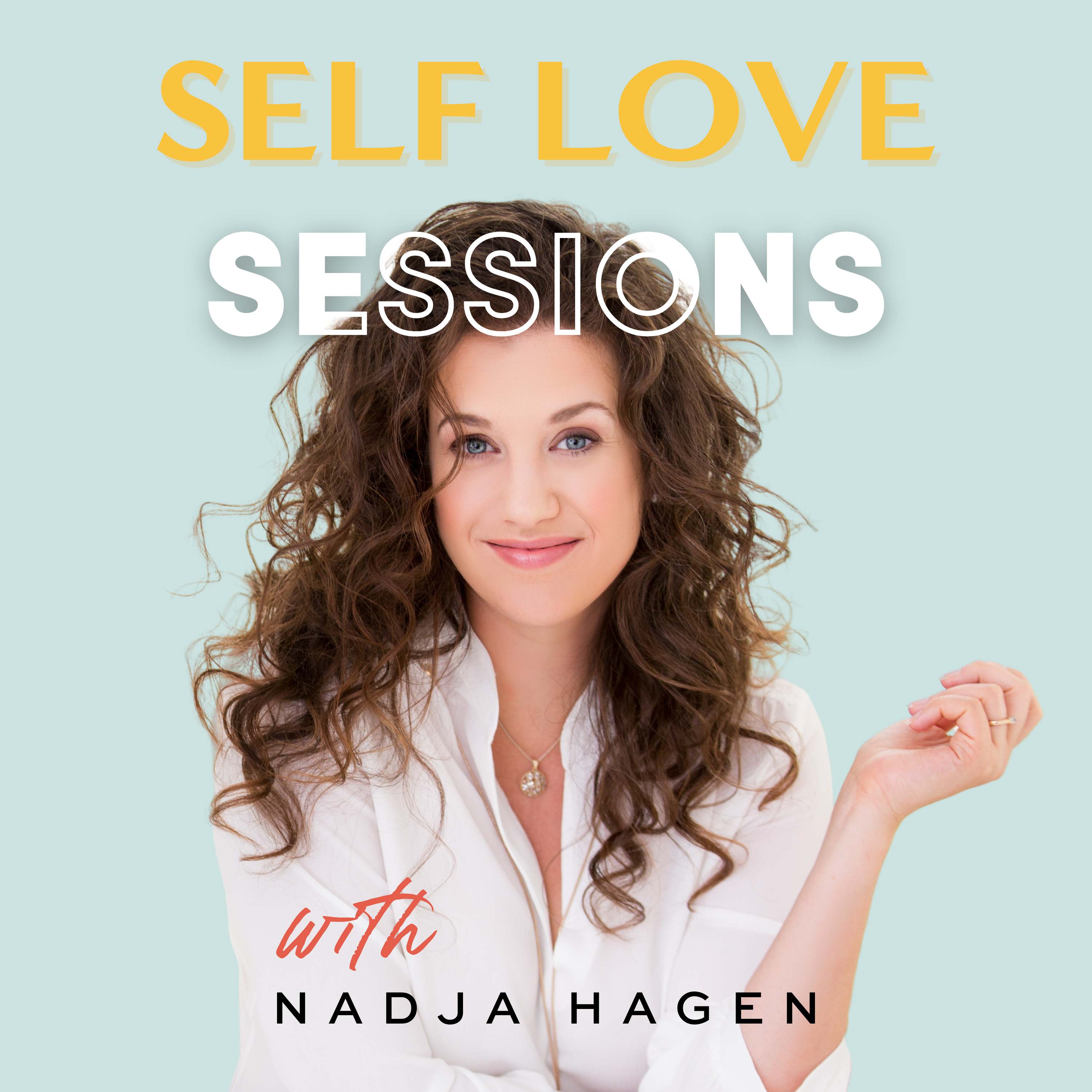
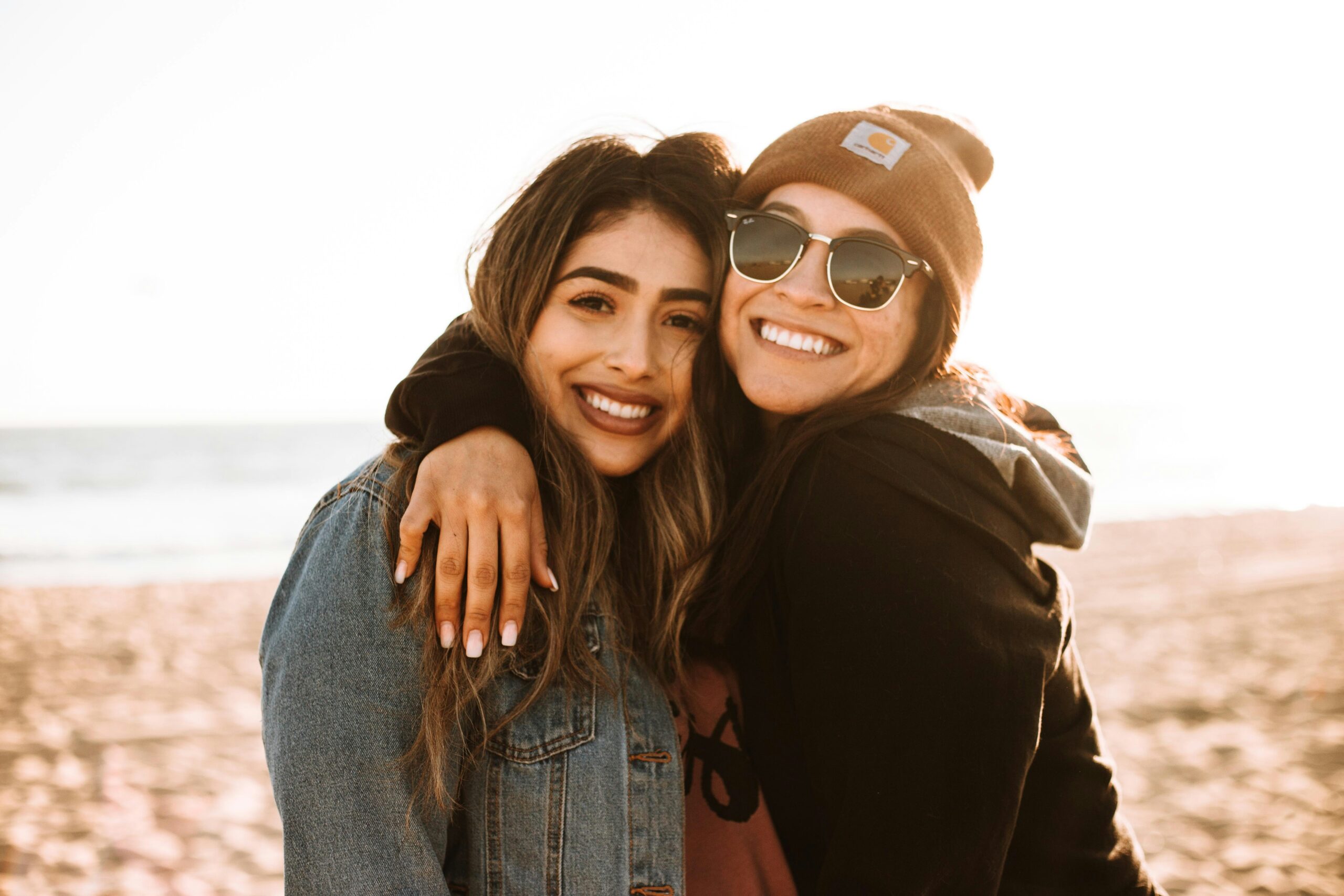
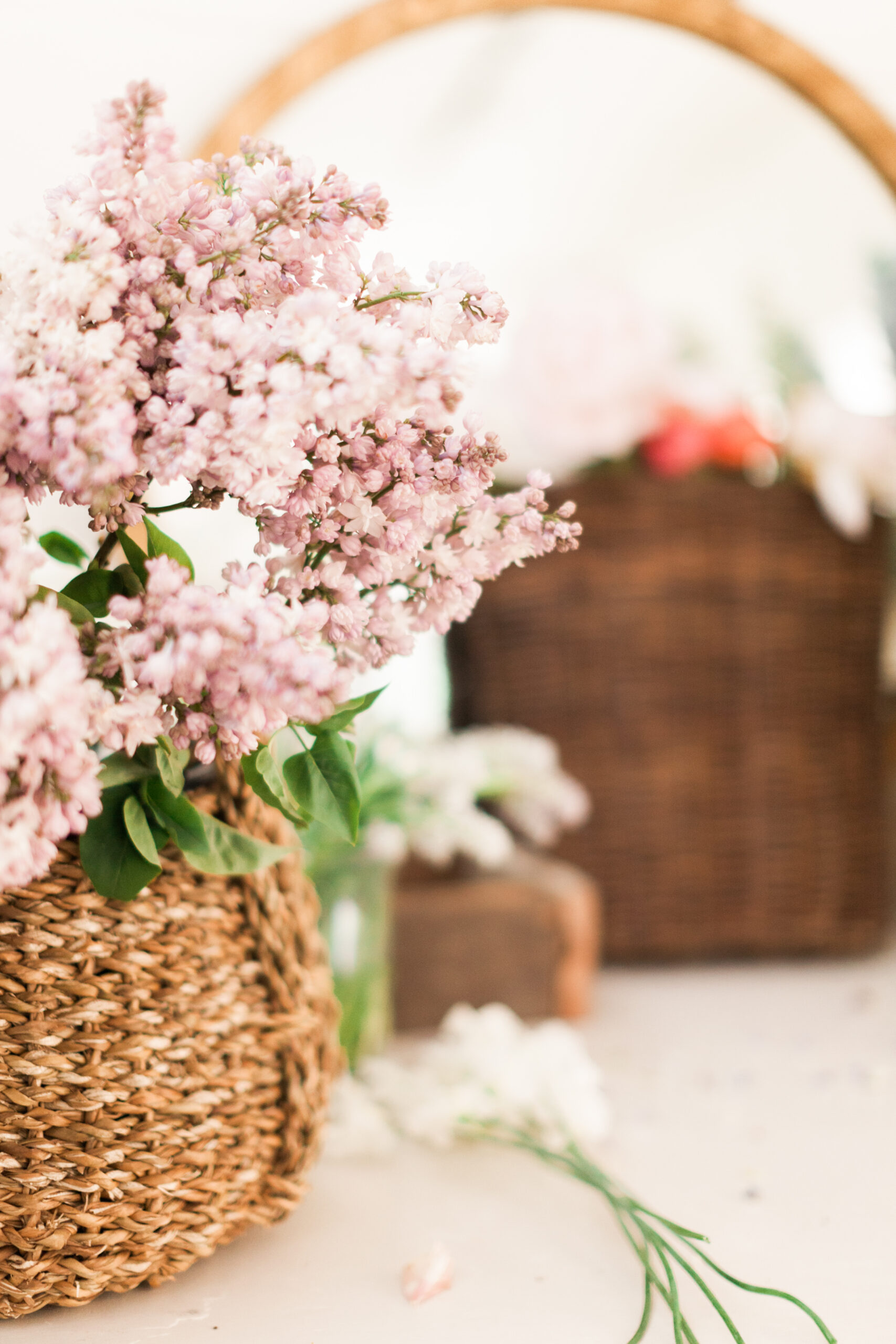
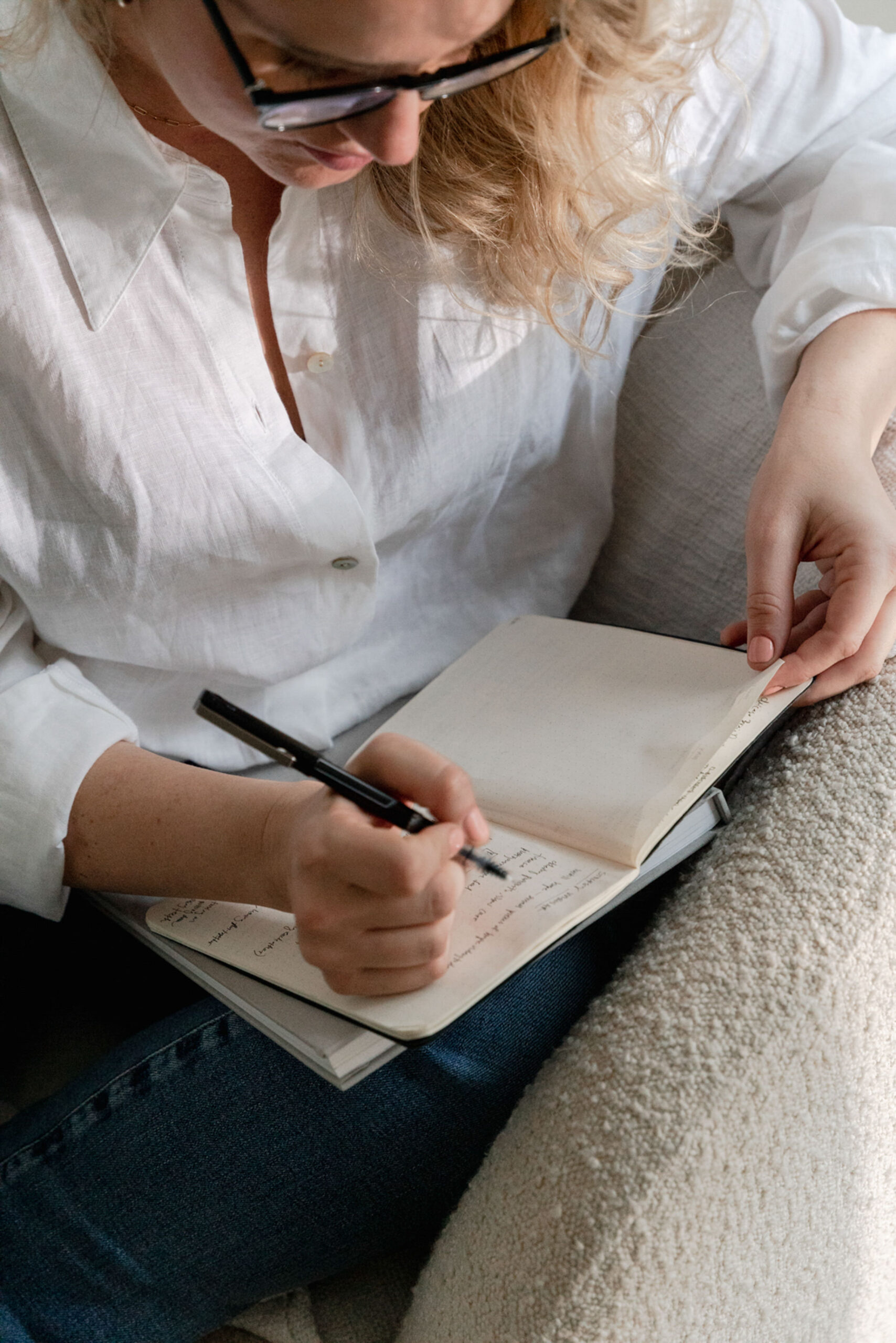

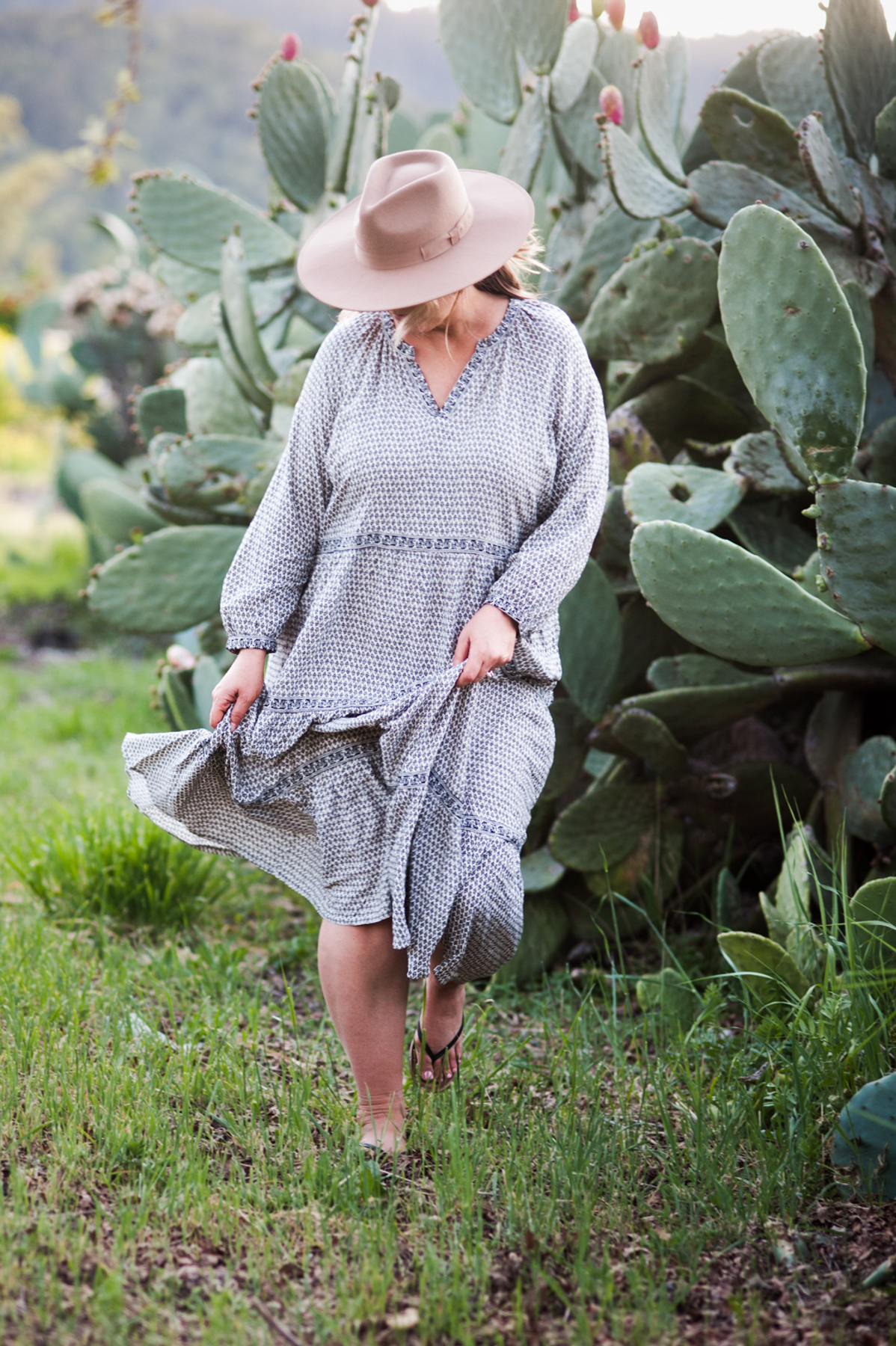
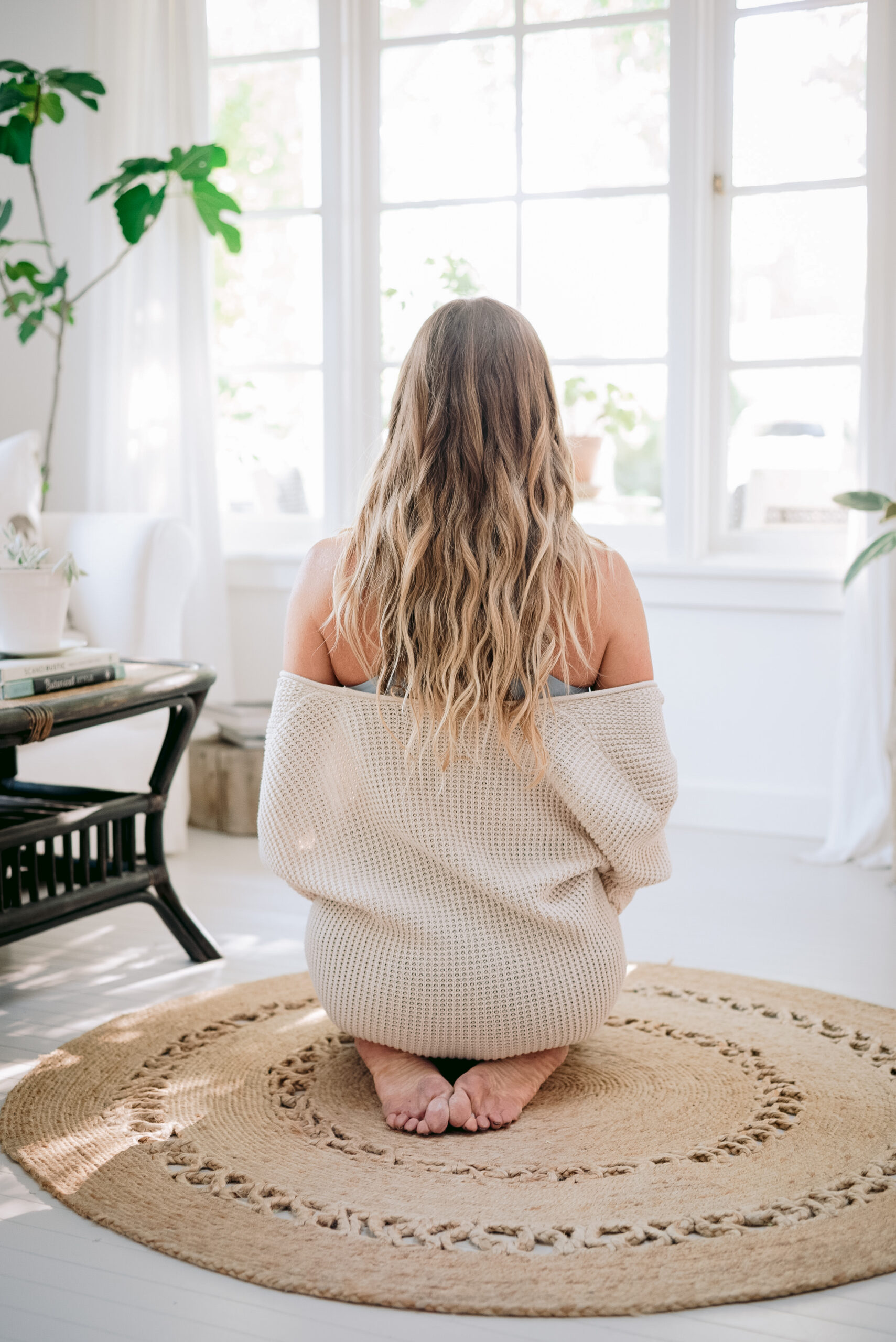
Share this page